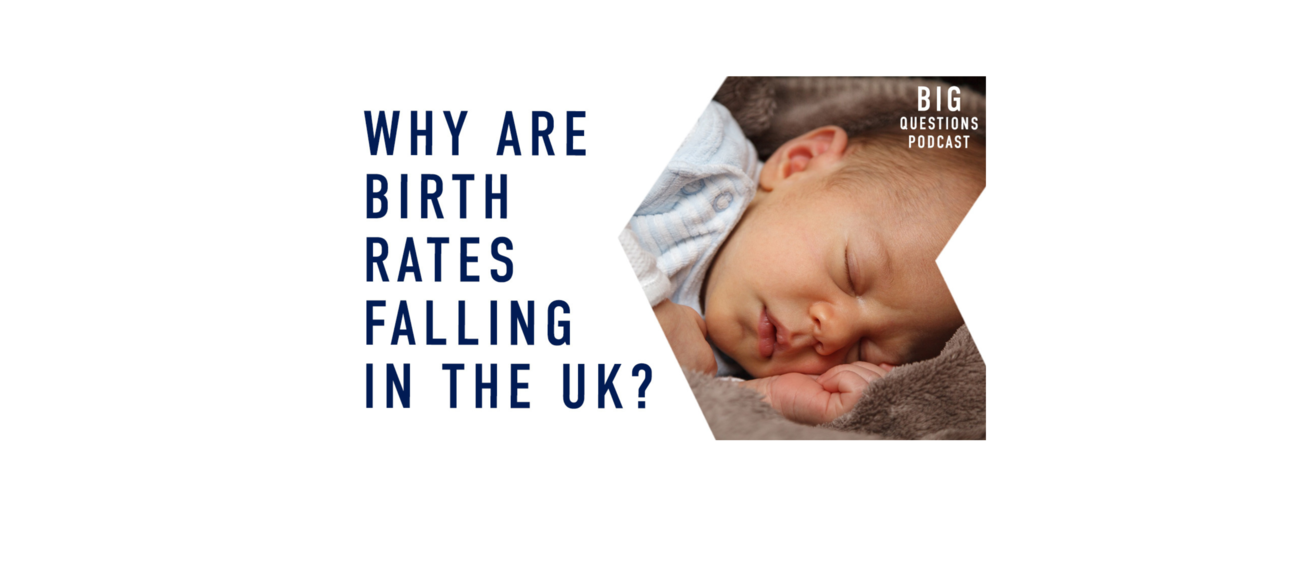Lack of partner support is the most important reason for delaying having children in the UK
New research reveals that a supportive partner is more important than finances or housing when it comes to having a baby with some women prepared to wait as much as decade for a stable relationship.
Research by Dr Paula Sheppard from the School of Anthropology and Museum Ethnography at Oxford University sheds new light on the reasons why many men and women in the UK are leaving it late to start a family and having fewer children than they want. The study, published in The International Journal of Population Studies suggests that having a supportive partner is more important than issues such as finances or housing, though what this means varies according to education level. University educated women prioritise hands-on fathers and shared household responsibilities, while non-university educated women focused on stable relationships. For the first time, the study also provides insight into how much reproductive time is lost due to the barriers to having children that are identified. University-educated women are losing around seven years of reproductive time to have a highly supportive partner, with non-university educated women prepared to wait for up to ten years for a stable relationship.
Fertility in the UK is low with only 1.6 children per woman in 2020 (The World Bank 2022). While this is partly driven by people choosing to have fewer children, there is a disparity between how many children people want and how many they go on to have – the ‘fertility gap’. The UK has a fertility gap of around 0.3 children, largely driven by people starting families later in life. Much of the previous research looking at why people are postponing having children is retrospective, looking back on decisions made only after people have completed their families, meaning results are outdated. This research uses an innovative methodology to identify the barriers to having a/another baby right now.
Discrete choice experiments are commonly used in consumer behaviour research, health economics and political science to understand preferences and how people ‘trade off’ different factors, referred to as attributes, against each other. Dr Sheppard applied this methodology to fertility decision-making for the first time.
Participants in the study, men and women of childbearing age who are open to having a/another child, were divided into groups according to education level (university educated and non-university educated). They were presented with a series of choices between alternative hypothetical scenarios. Each scenario listed a set of attributes that previous focus group research had shown to be important to the participant group, for example, for university educated women the attributes were partner support, career costs, friends and finances. For each attribute, an ideal, less than ideal or poorer situation is described. The timing of a baby’s arrival (e.g. the baby will arrive 18 months from now) is the final attribute across all scenarios for all groups. This variable can be used to statistically estimate the distance between the attributes in reproductive time.
Key findings from the study include:
-
For university educated women it is only from age 33 that the timing of a baby’s arrival becomes an important factor in choosing a scenario. This contrasts with all other groups for whom baby timing is a significant factor from the youngest ages (21 for university educated men and 18 for non-university educated men and women). This suggests that for university educated women reproductive time is already limited as they do not consider themselves to be delaying having children until age 33.
-
University educated women placed the highest value on having a supportive partner who is prepared to be a hands-on parent and share household and childcare responsibilities. They were 3.75 times more likely to choose scenarios with the highest level of partner support than those with the lowest level. They are prepared to give up seven years of reproductive time to have a supportive partner, compared to five years for financial stability, the next most important attribute.
-
Non-university educated women prioritised stable relationships and were prepared to wait as long as ten years for a stable relationship before having a/another child. Finances were also important to this group with women giving up around seven years reproductive time for financial security.
-
For university educated men, their partner’s readiness to have children was the most important factor and they would give up around seven years to have a supportive partner who is ready to have a baby. This compares with only one year to own a home.
-
Non-university educated men prioritised living in a child friendly neighbourhood over other factors and were prepared to wait around seven years to have this attribute. However, results for this group showed a higher degree of uncertainty across all attributes.
The take-home message is that no one-size policy will be effective; different people have different needs. That said, support networks are an important factor, whether that’s from partners, family, or friends. The state can offset the barriers to reproduction by promoting a supportive parenting environment.
Dr Paula Sheppard
The research was funded by the John Fell Fund.
Read the paper in full:
Sheppard, P. (2024). Using discrete choice modeling to understand the drivers of reproductive delay in the United Kingdom, International Journal of Population Studies



